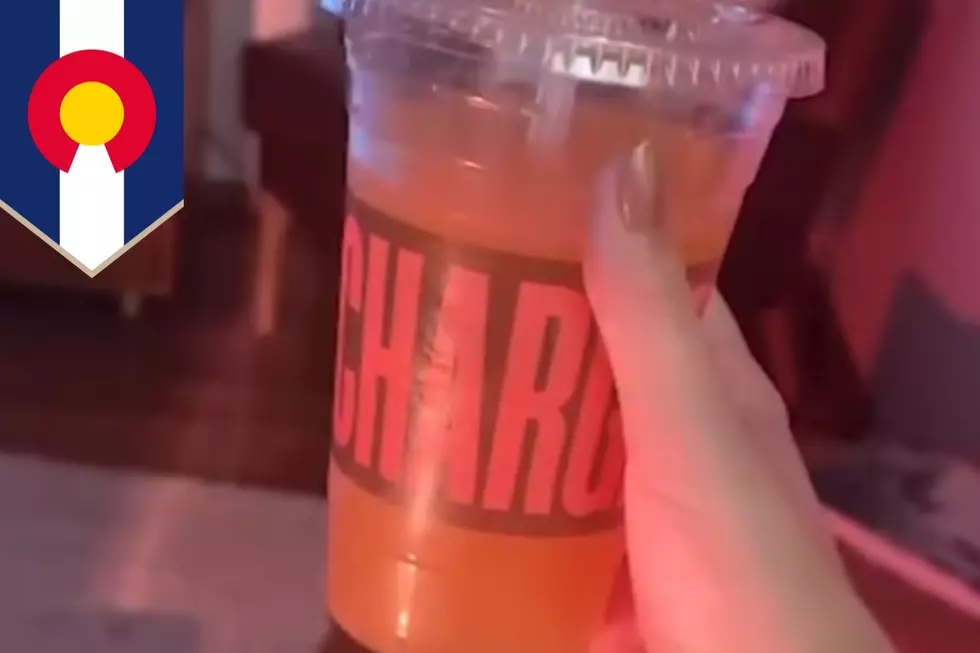
Food For Thought: Will Composting Programs Increase in Colorado?
Americans produce a whopping 120 billion pounds of food waste on an annual basis, throwing away more food than any other country in the world. In fact, discarded food is the single largest component taking up space inside U.S. landfills. Things being thrown away range from edible foods that have gone bad, products past their expiration date, and inedible parts of organic items, like peels and cores.
To help combat this negative trend and reduce overall food waste, cities across the country have started to implement composting programs, including here in Colorado. For example, Boulder began a curbside compost collection program in 2009. By 2021, data revealed that approximately 44 percent of Boulder's food waste had been diverted - proving the initiative had already made a major impact within just a few years.

Denver is the latest city in the Centennial State to embrace this beneficial concept. In July, Colorado's capital rolled out a brand new compost collection service, available to residents who wish to participate. Every new compost customer receives a guide with their green cart that explains what kinds of things can be thrown away, as well as what's not accepted.
Three different size compost carts are available. These range in price per month based on the selected bin size. Residents are encouraged to toss food scraps, yard debris, and plant trimmings into the compost carts.
In addition to Boulder and Denver, several other cities around the country, such as Seattle, Portland, and San Francisco, have instituted similar composting programs. The number of participating places continues to grow, as more people understand the negative impacts caused by food waste.
Fort Collins has several compost companies that provide services to single-family homes, but as of now, a city-wide program does not exist.
Ideally, more communities across Colorado will continue to adopt similar composting programs and help fight the problem of food waste in America.
10 Compostable Items in Colorado
It Is Illegal To Throw These Things Away In Colorado
Six Things Coloradans Buys But Always Throws Away
More From K99









